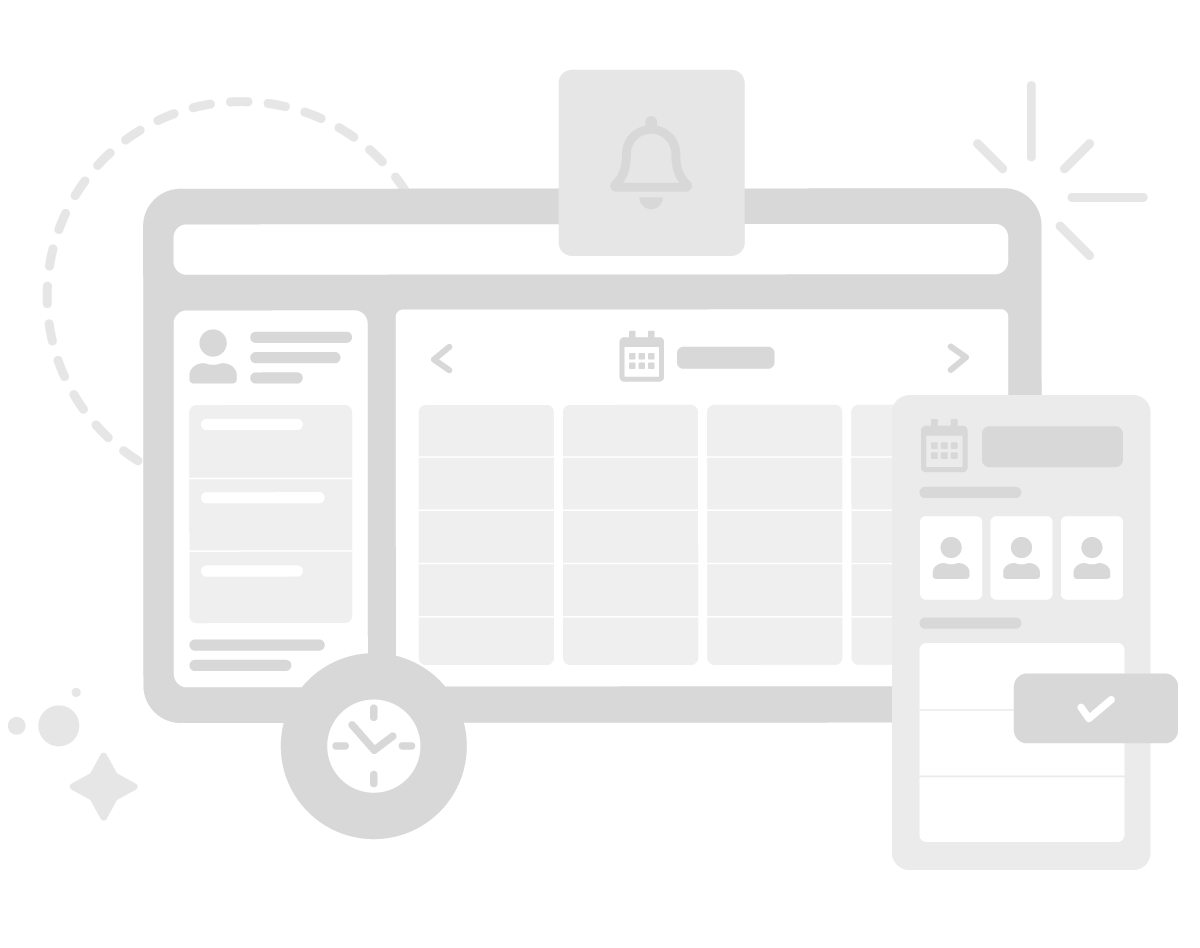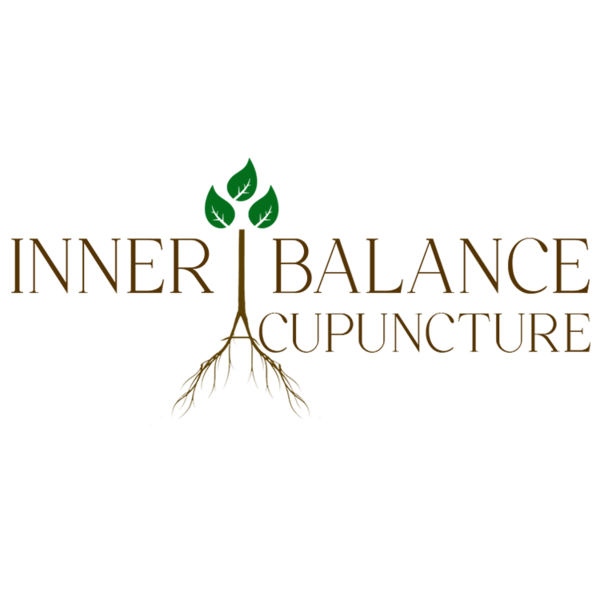Book an Appointment
Welcome to our online booking site
Acupuncture
Acupuncture has been used effectively to treat and prevent disease for thousands of years. It is recognized by the National Institute of Health (NIH) and the United Nations – World Health Organization (WHO) to be effective in the treatment of: Anxiety, Arthritis, Asthma,Bronchitis, Carpal Tunnel Syndrome, Chronic Fatigue, Colitis, Common Cold, Constipation, Dental Pain, Depression, Diarrhea, Digestive Trouble, Dizziness, Dysentery, Emotional Problems, Eye Problems, Facial Paralysis, Infertility, Fibromyalgia, Gingivitis, Headache, Hiccough, Incontinence, Indigestion, Irritable Bowel Syndrome, Lower back pain, Menopause, Menstrual irregularities, Migraine, Morning sickness, Nausea, Pain, PMS, Pneumonia, Rhinitis, Sciatica, Seasonal Affective Disorder (SAD), Shoulder Pain, Side effects of Chemotherapy and Radiation Therapy, Sinusitis, Sleep disturbances, Sore throat, Tennis elbow, Tonsillitis, Trigeminal neuralgia, Urinary tract infections, Vomiting, Wrist pain, and more...
Herbal Medicine
Chinese Herbal Medicine is based on a Chinese Medical Diagnosis. We, as practitioners of Chinese Medicine, are looking for what is causing the problem according to Chinese Medical Theory. If you fix the cause, then there will be no re-occurrence of the problem. In other words, it is not simply a symptomatic treatment. For example, if a person has a headache, there is no specific “headache” herb in Chinese Medicine, although it can treat headaches quite effectively. In order to do this, we have to make a Chinese Medical Diagnosis (find the cause). We would need to know the location of the headache (temples, back, front, or top of head, etc.), the type of pain (dull, achy, sharp, etc.), whether or not the headache is constant or it comes and goes, what brings it on, is it better or worse at a certain time of the day, what makes it better or worse, etc. We would also look at the tongue and feel the pulse for clues as to what is causing the headache. We take these signs and symptoms and this leads us to a Chinese Medical Diagnosis. Once we have the Chinese Medical Diagnosis, then we do the appropriate treatment to correct the imbalance.
Understanding this, one can see why Chinese Herbal Medicine when prescribed properly is so effective. Randomly taking a Chinese Herb for a condition is not the practice of Chinese Herbal Medicine. The practice of taking a specific herb for a specific complaint is the practice of Western Herbalism, which is a symptomatic approach with no diagnosis involved. This is fine for Western Herbalism, but it should not be confused with the complexity of Chinese Herbal Medicine. Another contrast between these two practices is that in Western Herbalism, usually only one herb is taken for a condition. Whereas is Chinese Herbal Medical, a formula is created using any number of herbs to treat not only the presenting problem, but to also treat the whole person leading the body back into a state of balance.
Reiki
Select a treatment
from the list on the left
to view available appointment times

Need Help? 8595952164 contact@acupunctureky.com
